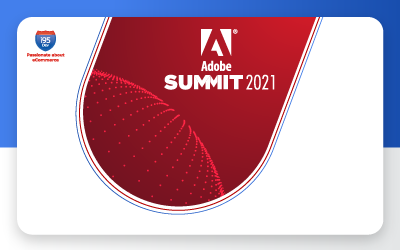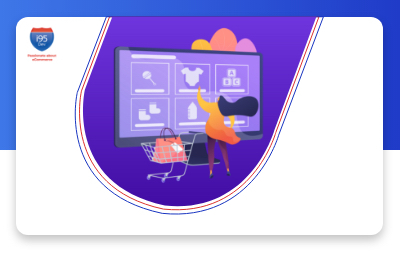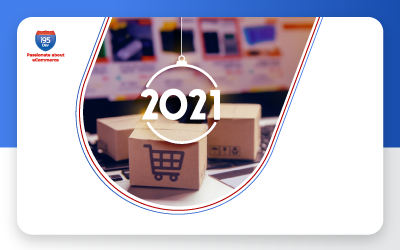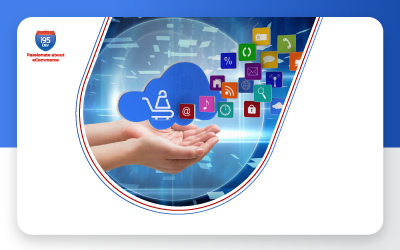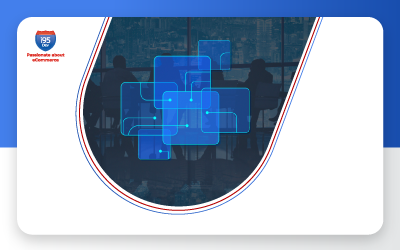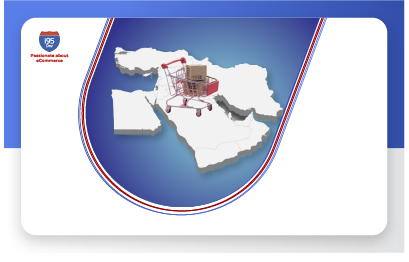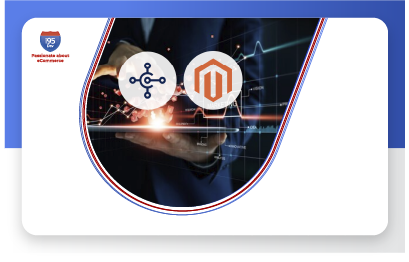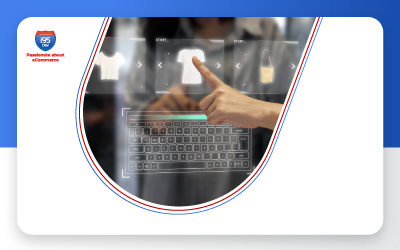In USA, 19% of e-commerce sales are done through the mobile and it is projected to grow to 27% by the end of 2018. If you are still thinking on the lines “Does mobile commerce really effect my business?” let us pull out some amazing stats for you.
- Mobile sales from tablets rose from $ 38.02 billion in the year 2014 to $81.87 billion in the year 2017. It is projected to hit $ 96.31 billion in the year 2018. Link
- Mobile sales from Smartphones has risen from $ 18.49 billion in 2014 to $ 30.91 billion in the year 2017. It is projected to hit $ 34.63 billion by year 2018, which is growing around an average of $ 4 billion per year.
- People who tend to shop via mobile phones tend spend twice as much amount of time than people shopping from desktops.
- 42% of shoppers will do more shopping on their mobile devices than the previous year.
- The average order value of iphone user’s stand at $117.76 and android stands at $111.70 for the year 2017.
The list only gets more exhaustive and all the figures only tends to support why M-commerce is very important for an e-commerce operation.

Though the above stated numbers are enticing, strangely e-commerce merchants are still falling short in m-commerce. According to a report by Business Insider 59% of shoppers spend their time on mobile devices shopping compared to 41% on desktops, but still only 15% of shoppers convert into sales from a mobile device.
This trend suggests lack of mobile friendliness for shoppers leading to cart abandonment and less dollar spend from mobile devices. For most e-commerce retailers, driving sales through mobile apps is a real struggle. This statement if augmented by the fact that 94% of the apps downloaded are for social engagement, entertainment and information, which means e-commerce in mobile apps make up for a very small portion.
The future of M-commerce – Progressive Web Apps (PWAs)
A blend of omni presence of mobile app and the intuitiveness and function of the native apps gave rise to the idea of the Progressive Web apps. In simpler words, Progressive Web Apps combine the best of both the worlds, the web and the native apps.
Below are some of the important aspects of PWAs.
- User interface which is highly interactive and app like that is complete mobile user friendly.
- Ability to send push notifications similar to native web apps.
- Improved mobile load time which is a critical factor that would increase customer engagement.
- Cross platform functionality that is for both iOS and Android.
- Creation of home screen launch icons, just like the native web app.
- Optimized content that uses the same URL structure as in the desktop site. This ensures the desktop features and feel is replicated across varied mobile platforms increasing the reach.
How is Magento paving the way to power M-commerce?
Magento has an overall e-commerce market share of 7.34% and powers 159,234 sites worldwide. The medium Magento has opted for re-imagining mobile shopping experience is through development of PWA apps for Magento merchants.
To strengthen their expertise, Magento has collaborated with Google to leverage their technical expertise. The sole aim is to bring the whole PWA capabilities to the full Magento e-commerce community by year 2018.
In the words of Mark Lavelle, CEO Magento “We see PWAs as a natural evolution of the mobile web, and by working with industry leaders such as Google to develop PWAs, we plan to keep merchants ahead of the curve.”
With the pace at which M-commerce is developing, it is imperative for the top e-commerce platforms to focus on this frontier. The good thing is Magento joining the m-commerce bandwagon along with Google is only going to make things interesting.

Ecommerce as an industry is moving towards M-commerce. While there are many strategies to leverage on M-commerce, Magento seems to be going the PWA way along with Google and this might just be the next big thing for ecommerce industry.
We are a Magento silver solution partner who possess niche expertise of offering end to end e-commerce services right from inception of the design, development of the store to integrating the store with the most popular backend ERP systems like MS Dynamics NAV, AX, GP, SAP B1 and SAGE 100.
For more details on our Magento services and offerings please visit our page.
http://www.i95dev.com/services/magento-ecommerce/





